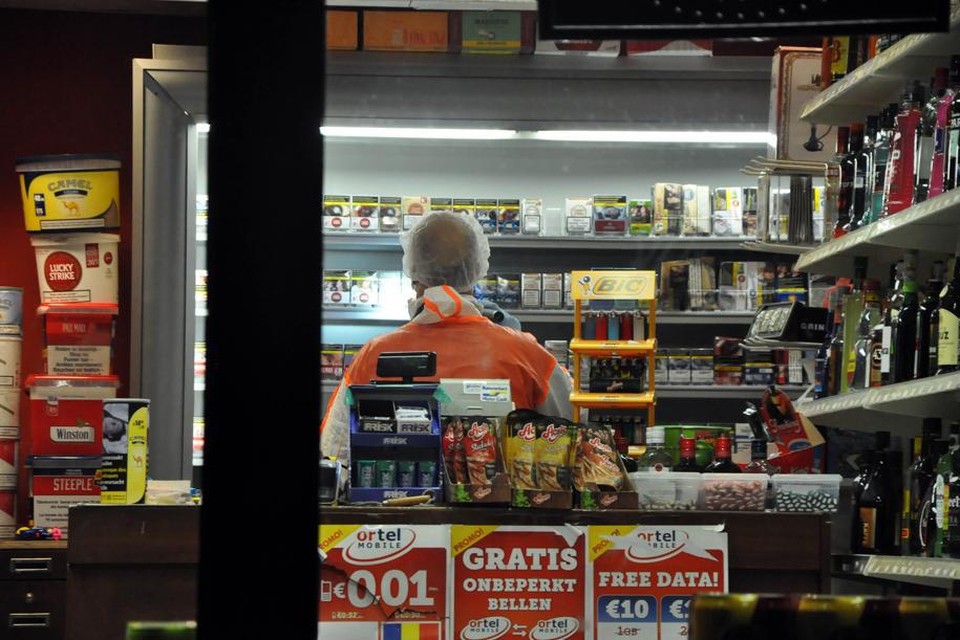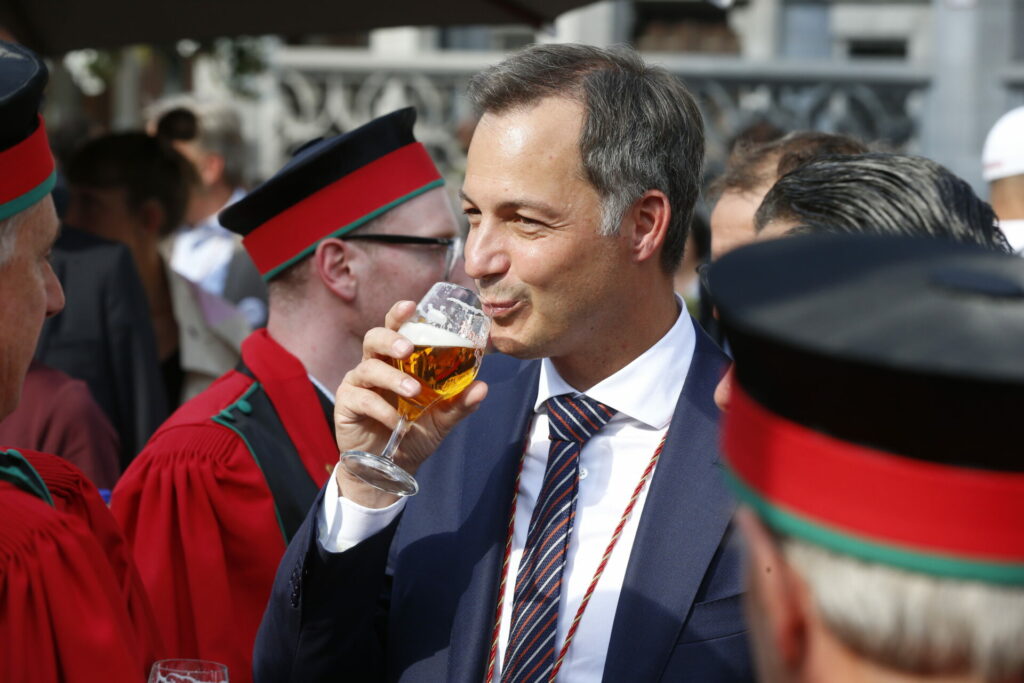Belgium's various health ministers approved its "interfederal alcohol plan" with 75 measures to combat excessive and harmful alcohol consumption in the country, announced Federal Health Minister Frank Vandenbroucke on Wednesday.
With this interfederal plan – which originated in 2008 – Belgium's different governments are committing to working together in the fight against alcohol abuse. It is the first interfederal plan on alcohol consumption in the country.
"Only by working together can we really tackle the problem of harmful alcohol consumption. I am pleased that this plan has received the approval of all my colleagues from the different governments," said Vandenbroucke in a press release. "This consensus is an important step forward as alcohol consumption affects health care, but also justice, finance, hospitality, youth, police and other sectors."
The new plan aims to raise awareness about the dangers of excessive alcohol consumption (such as cancer, for example), detect excess consumption better and facilitate rapid referral to appropriate care, strengthen prevention and health promotion, improve access to care, have fewer traffic incidents caused by alcohol consumption, and implement concrete measures.
Restricted advertising and availability
These measures are based on recommendations by the World Health Organisation (WHO) and the Superior Health Council. A total of 75 actions are planned, focusing on advertising, availability and appropriate care.
In terms of advertising, there will be much better and stricter regulations for alcohol advertising to minors to limit their exposure to alcohol marketing and prevent them from being attracted to alcohol marketing messages: the authorities will put in place a legal framework that prohibits alcohol advertising on radio and TV before and after programmes for minors, for example.
Additionally, the Federal Government also wants to work on regulations restricting internet and social media advertising in content aimed at minors. In practice, ads of alcoholic beverages will be prohibited from five minutes before to five minutes after a broadcast aimed at an audience consisting mainly of minors, or during the screening of a movie primarily aimed at minors in theatres.

Night shop selling alcohol. Credit: Belga
When advertising is permitted, each message must contain a health message, drawn up by the Federal Public Service (FPS) for Public Health, based on scientific evidence. Offering free alcoholic beverages in the framework of a promotional campaign of a non-alcoholic product will no longer be allowed either.
Alcohol will no longer be easily available to everyone either, as there will be no more liquor sales for 16-18-year-olds: only beer and wine will be sold to 16- to 18-year-olds. All other spirits – including fortified wines – may only be sold to people over 18.
As alcohol is estimated to be involved in a quarter of all road deaths in Europe, Belgium will impose a ban on the sale of alcohol in shops along the motorway between 22:00 and 07:00. Alcoholic beverages will also be banned from vending machines.
Improved care and an integrated policy
Interestingly, the authorities will also work with different sectors involved (youth work, the hospitality industry, the sports sector, etc.) to offer free drinking water in places where alcohol is sold to encourage people to drink enough water.
In terms of adapted care, the Federal Government will develop and implement an "alcohol care pathway" specifically for adolescents and young adults, as it wants to offer young people who come in through emergency rooms – due to alcohol intoxication and/or as a result of an accident while under the influence – a care programme that also involves the parents.
Lastly, the authorities will make sure its plan is thoroughly integrated into Belgium's general policy, such as a commitment to prevention towards different sectors and target groups across nightlife, education, seniors, and pregnant women, among others.
Related News
- Three elite Belgian police officers suspended over alcohol-fuelled sex parties
- Teenage trends: Less alcohol, tobacco and drugs; more e-cigarettes and medication
- Belgium working on 'alcohol plan' to curb consumption
"This is the first time in our country that all ministers concerned have approved a common approach to reduce the harmful use of alcohol in Belgium. This plan was absolutely necessary given the huge social impact of alcohol, especially on health," Vandenbroucke said.
However, he added that "the work is not finished" with the approval of this plan. "All the actions in this plan must be fully implemented so that we can come up with additional actions for the years 2026-2028."
Meanwhile, discussions are continuing around the implementation of a minimum price, the permitted blood alcohol level in traffic and the possibility to detect the physical consequences of excessive alcohol consumption faster.

